Pansexuality, or omnisexuality is a sexual orientation characterized by the potential for aesthetic attraction, romantic love, or sexual desire for people, regardless of their gender identity or biological sex. Some pansexuals suggest that they are gender-blind; that gender and sex are insignificant or irrelevant in determining whether they will be sexually attracted to others. For others, an individual's sex, gender expression, or gender identity can be a key factor of attraction, despite the pansexual individual's wide range of sex and gender attractions.
The word pansexual is derived from the Greek prefix pan-, meaning "all". In its simplest form, pansexuality denotes the potential of sexual attraction to all genders and beings. It is intended to negate the idea of two genders (as expressed by bi-)
The adjective pansexual may also be applied to organizations or events. In this context, the term usually indicates an openness to the involvement of people of all genders and sexual orientations in said organization/event, as well as the pansexual sexual identity.
Pansexuality compared to bisexuality
Bisexuality is a sexual orientation characterized by attraction to both the same gender and the opposite gender. Unlike pansexuality, it does not specifically include people who fall outside the gender binary. Pansexuality has been described as a "means to skip the binaries and essentialism of 'bi'."
However, many people who identify as bisexual are actually attracted to people who fall outside the gender binary. These people, who could be described as pansexual, have a variety of reasons for identifying as bisexual, including widespread unfamiliarity with the term "pansexual" as well as its negative connotations for some people. Some define bisexual as "attraction to people from more than one gender". Others contrast "attraction to people of multiple genders" with pansexuality's "attraction regardless of gender".
The terms third gender and third sex describe individuals who are considered to be neither women nor men, as well as the social category present in those societies who recognize three or more genders.
The state of being neither male nor female may be understood in relation to the individual's biological sex, gender role, gender identity, or sexual orientation. To different cultures or individuals, a third sex or gender may represent an intermediate state between men and women, a state of being both (such as "the spirit of a man in the body of a woman"), the state of being neither (neuter), the ability to cross or swap genders, or another category altogether independent of male and female. This last definition is favored by those who argue for a strict interpretation of the "third gender" concept.
The term has been used to describe Hijras of India and Pakistan, Fa'afafine of Polynesia, and Sworn virgins of the Balkans, among others, and is also used by many of such groups and individuals to describe themselves.
The term "third" is usually understood to mean "other"; some anthropologists and sociologists have described fourth, fifth, and many genders.
Intersexuality
Intersexuality in humans refers to (often congenital) intermediate or atypical combinations of physical features that usually distinguish male from female. This is usually understood to be congenital, involving chromosome, morphologic, genital and/or gonadal anomalies, such as diversion from stereotypical XX=female or XY=male presentations, such as sex reversal (XY=female, XX=male), genital ambiguity, sex developmental differences. An intersex organism may have biological characteristics of both the male and female sexes. Intersexuality is the term adopted by medicine during the 20th century applied to human beings whose biological sex cannot be classified as either male or female. Intersexuality is also the word adopted by the identity-political movement, to criticize medical protocols in sex assignment and to claim the right to be heard in the construction of a new one.
Polysexuality refers to people who are attracted to more than one gender or sex but do not wish to identify as bisexual because it implies that there are only two binary genders or sexes. Polysexuals are those people sexually attracted to many different sorts of ideas, races, and characteristics. Polysexuality should not be confused with pansexuality; pan meaning all, and poly meaning many, though not necessarily all.
Polysexuality is a self-identifying term that is somewhat amorphous, as there is a wide variety of different people who use the term to describe themselves.
Human rights advocates welcome Dominica’s High Court ruling striking down
its buggery law; Jamaica’s conservative government says “Not so fast!”
-
Here in Jamaica, we seem to think that certain issues which we have not
addressed will simply go away if we don’t talk about them publicly.
Abortion rights...
8 hours ago

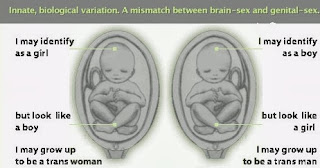













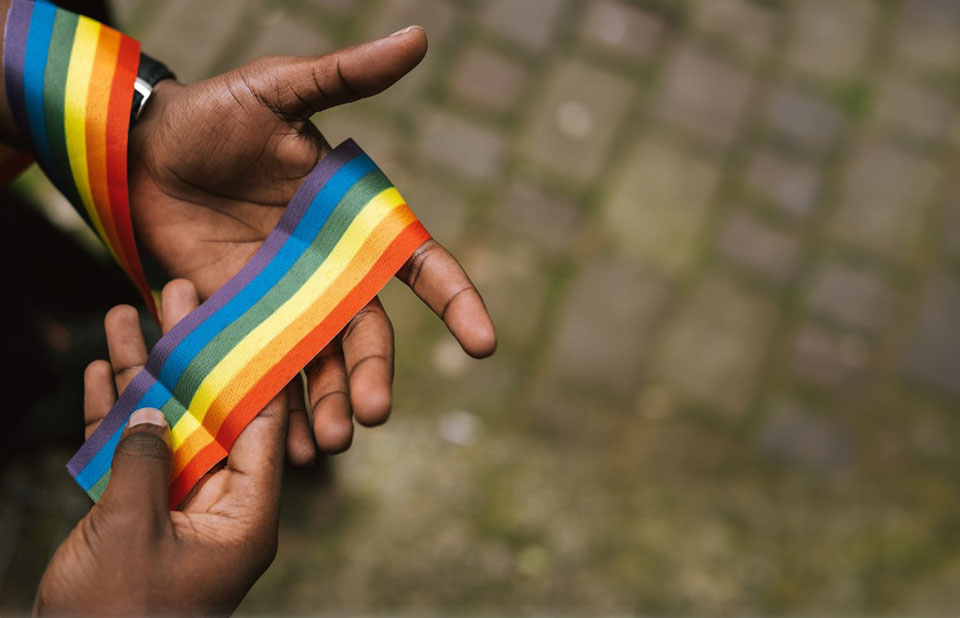














.mkv_000108708.jpg)
.mkv_000109059.jpg)
.mkv_000113988.jpg)












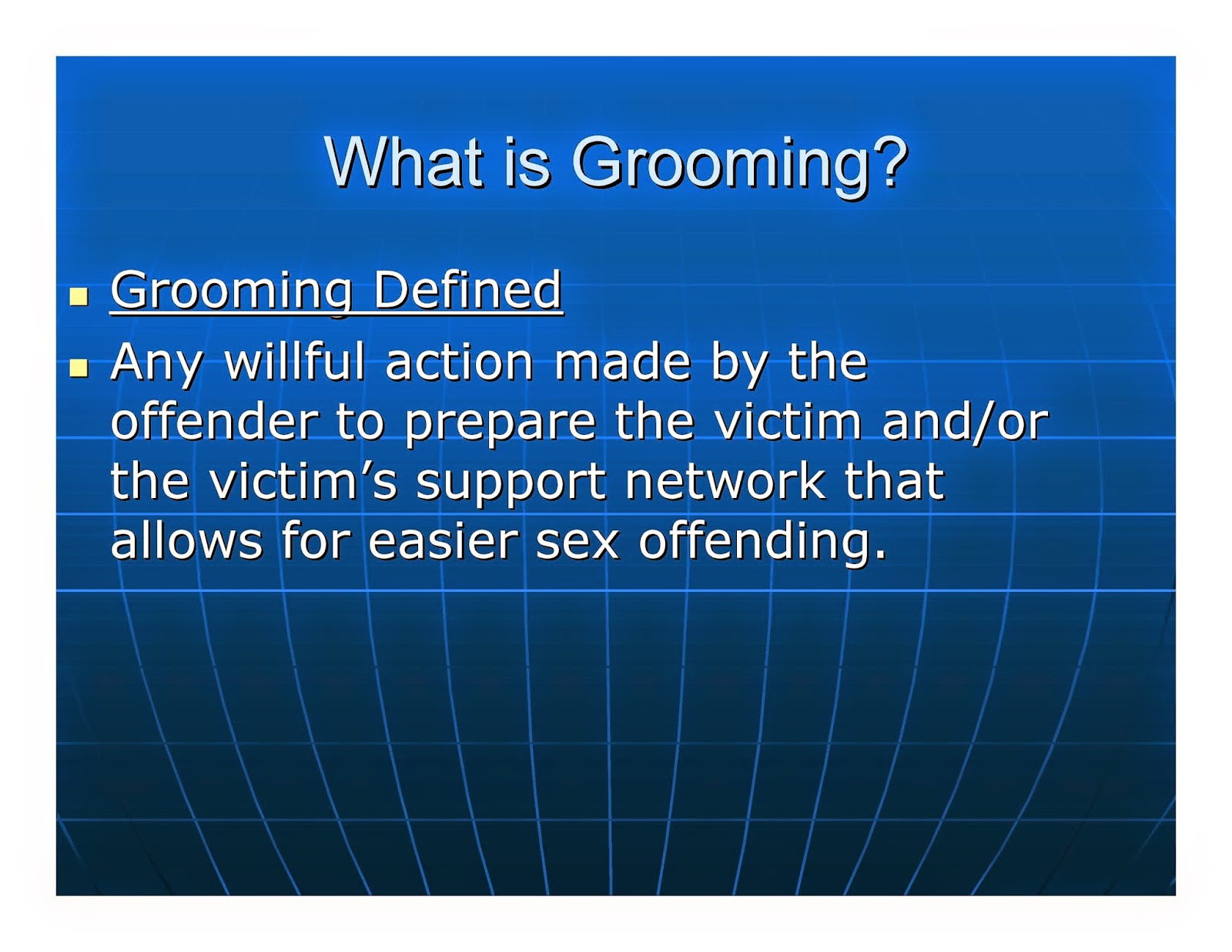



+(Light).jpg)














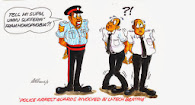










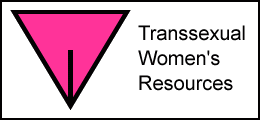



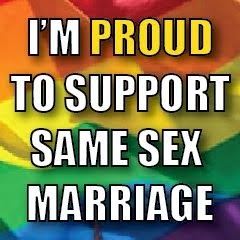
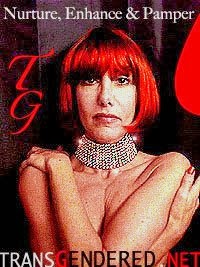

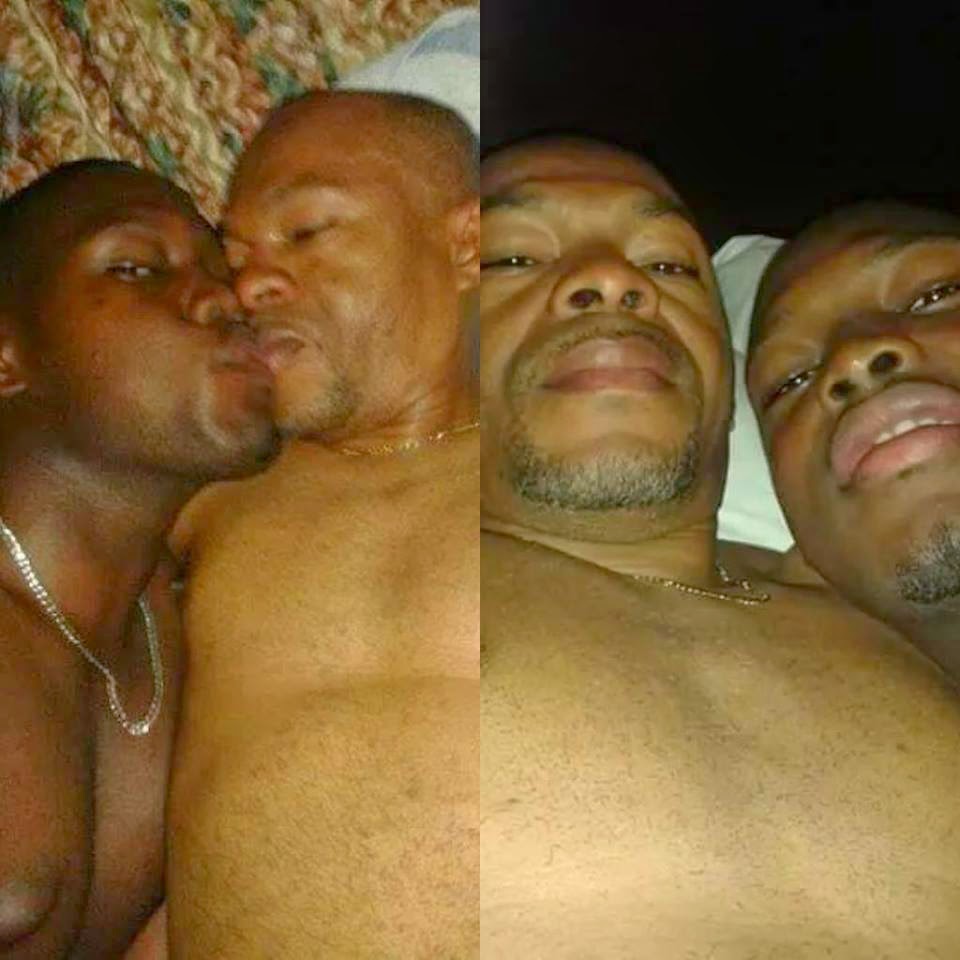





No comments:
Post a Comment